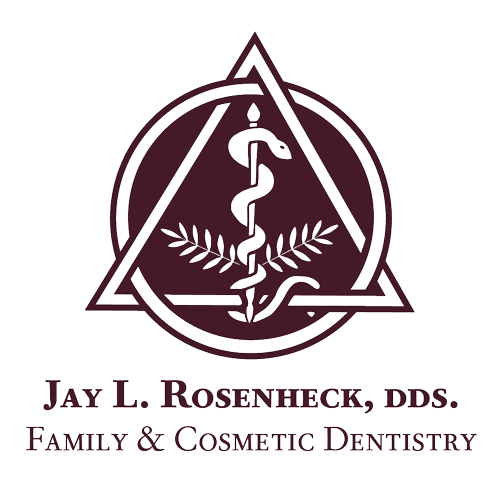Fillings
Reliable Dental Fillings for Tooth Restoration
Jay Rosenheck DDS is a dental office in Suwanee, GA that provides dental fillings as needed. Dental fillings are used to repair and restore a tooth that has experienced damaged caused by decay, which is referred to as a cavity. The filling is put in place expertly by our dental team to prevent further decay. If the decaying continues, it can lead to the need for tooth extraction, which is what we are trying to avoid by putting the filling in place. Fillings are a very common procedure, and our team of dental professionals works quickly and accurately to place them when they are needed.

Fillings: What to Expect
When you visit our dental office, our team will evaluate your mouth and look out for the presence of cavities. If we do find any cavities, our dentist may recommend that you get a filling done to treat the tooth decay. During the procedure, our dentist will clean out the affected area and then place the filling in the hollowed-out space. We use composite, tooth-colored fillings in our office so that the aesthetic of your smile remains unchanged. The procedure is usually pretty quick and will go as follows:
- You will sit in the dental chair with eyewear on for protection.
- Our dentist will inject a local anesthetic to prevent you from feeling pain during the procedure.
- Our dentist will use powerful, high-quality tools to remove the damaged portion of the tooth.
- The hollowed-out area of your tooth will be filled with composite material.
- A small blue light will be held over the area to harden the filling.
- Our dentist will smooth and polish the filling so that it feels like your natural tooth.
- We will check your bite to ensure that your teeth come together correctly.
Maintaining Good Oral Health With Fillings
Dental fillings are used to treat decaying areas of teeth. This procedure is common and one of the best ways to ensure that your oral health stays in its best condition. Cavities happen, and sometimes they happen even when you take the best care of your teeth. Our dental team at Jay Rosenheck DDS provides dental fillings regularly to our patients to help support their overall oral health. If you feel as if you may have a cavity, it is important that you see our professionals as soon as possible. This allows us to treat the cavity early on and prevent further damage from happening. To stay on top of your oral hygiene, it is crucial that you make sure you visit our office twice a year for regular dental checkups. If you need to be seen by our dentist, call our office today to book an appointment.
